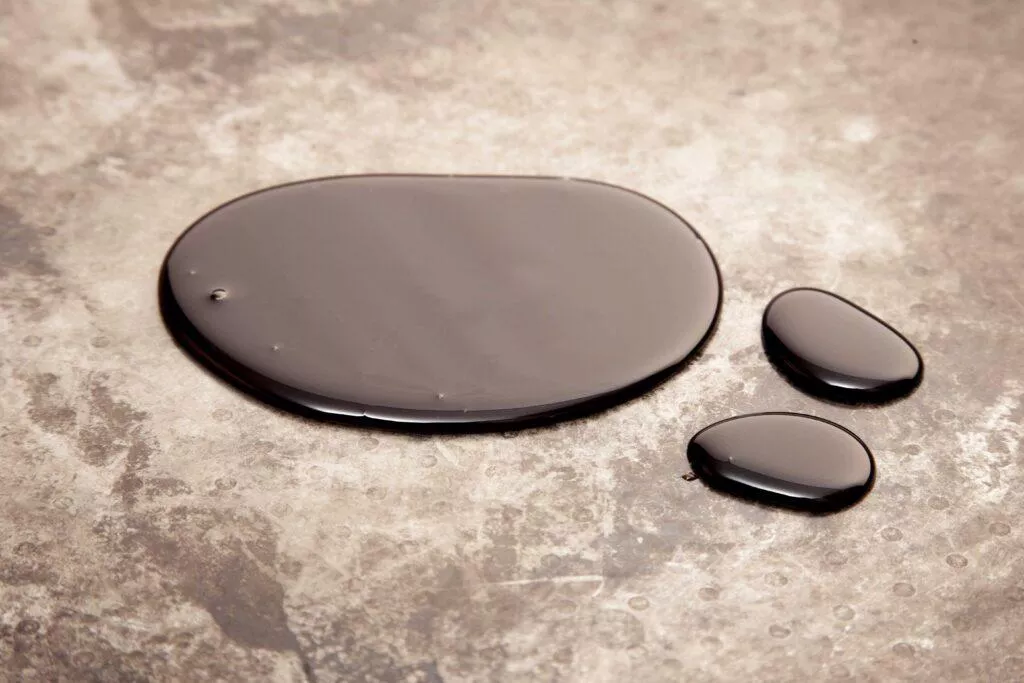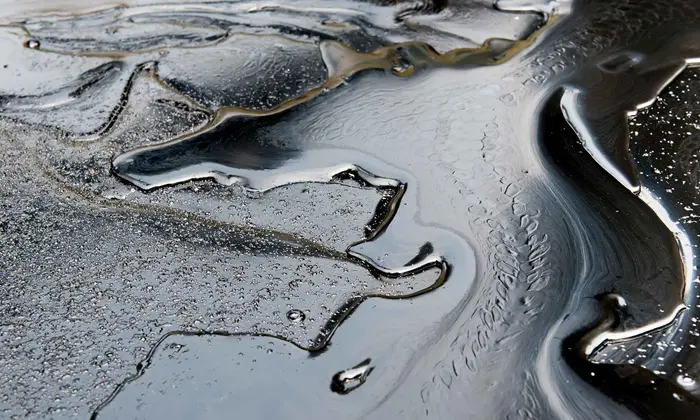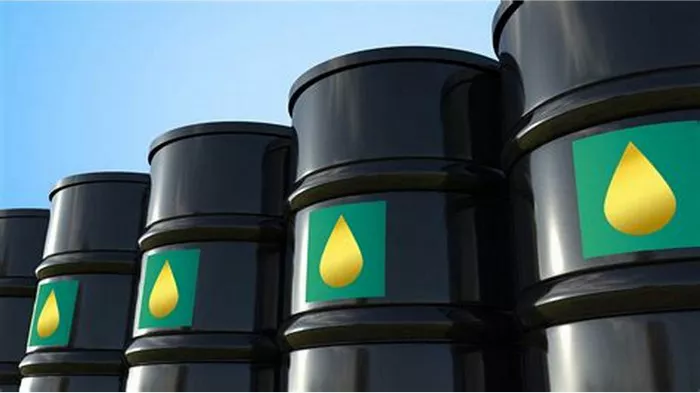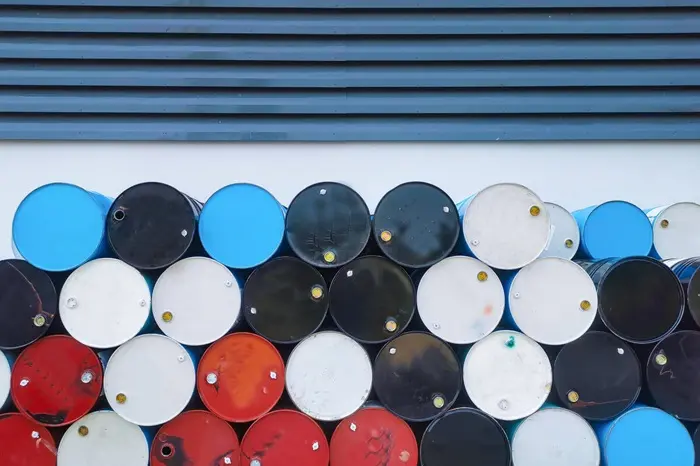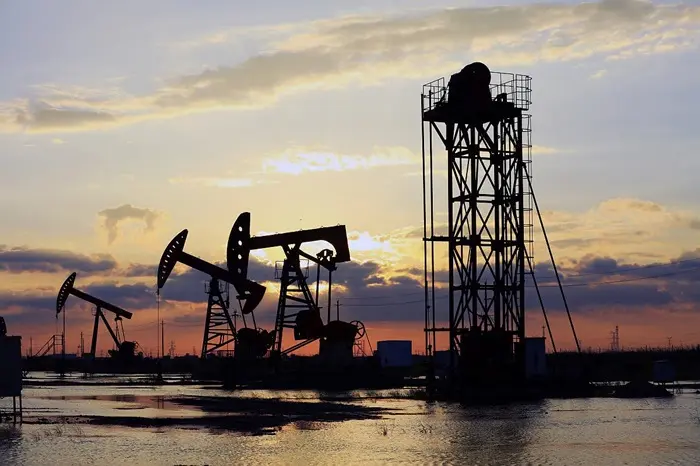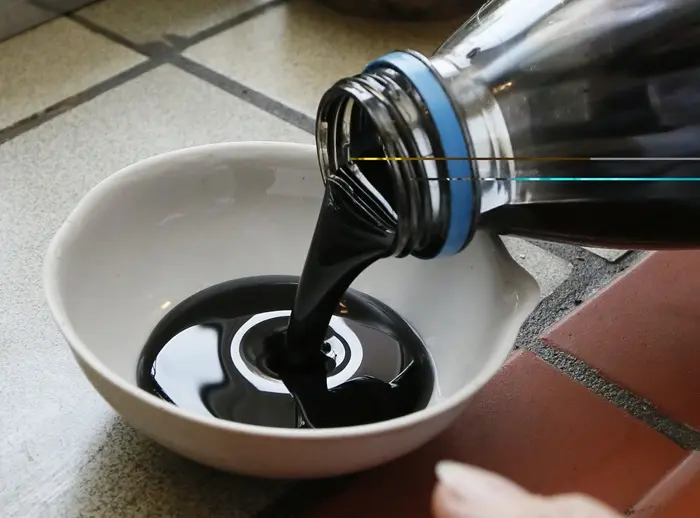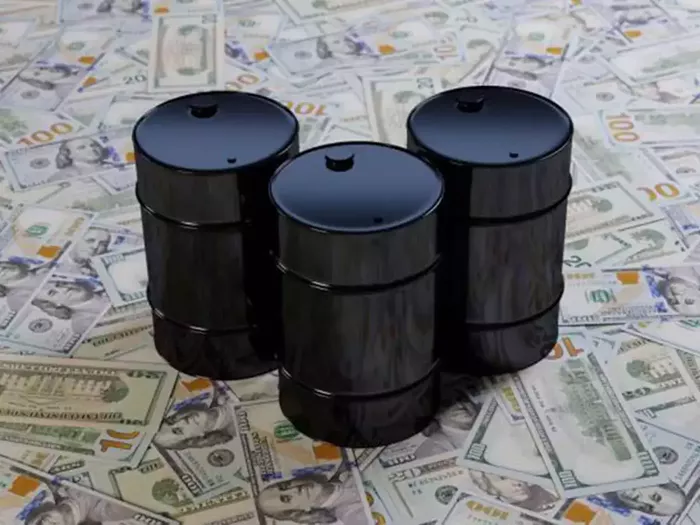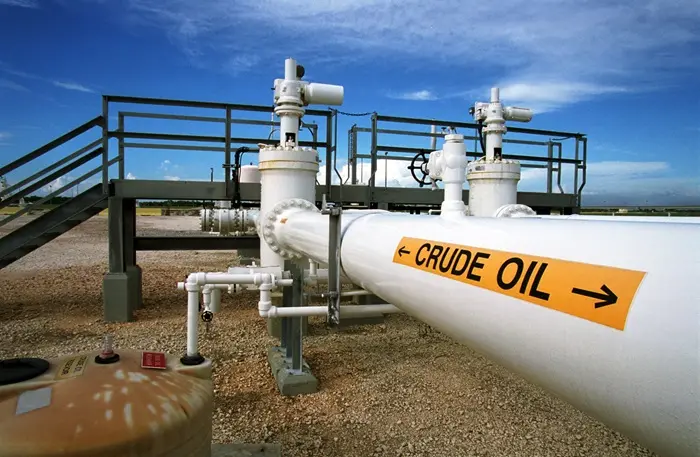Crude oil is a vital natural resource with an immense impact on the global economy. Extracted from the Earth, crude oil is a complex mixture of hydrocarbons that can be refined into various products. These products are essential in numerous industries and everyday life. This article explores nine major uses of crude oil, highlighting its importance and versatility.
1. Fuel for Transportation
Crude oil is primarily used as a source of fuel. The transportation sector heavily relies on crude oil-derived fuels, such as gasoline, diesel, and jet fuel.
Gasoline
Gasoline is a light petroleum product used in internal combustion engines. It is the primary fuel for cars, motorcycles, and small trucks. The refining process separates the hydrocarbons in crude oil, producing gasoline through distillation and cracking.
Diesel
Diesel is another essential transportation fuel. It powers trucks, buses, trains, and ships. Diesel engines are more efficient than gasoline engines, providing better fuel economy for heavy-duty vehicles. The refining process involves distillation and hydrogenation to produce diesel.
Jet Fuel
Jet fuel, specifically aviation turbine fuel (ATF), is used in aircraft engines. It has a high energy content and burns cleanly, making it ideal for aviation. Jet fuel is produced by refining kerosene from crude oil.
See Also: The 5 Largest Crude Oil Companies
2. Heating and Electricity Generation
Crude oil derivatives play a significant role in heating and electricity generation. These uses are particularly important in regions without access to natural gas or renewable energy sources.
Heating Oil
Heating oil, also known as fuel oil, is used to heat homes and buildings. It is similar to diesel but contains different additives. Heating oil is commonly used in furnaces and boilers in colder climates.
Electricity Generation
Crude oil can be used to generate electricity in power plants. While less common than natural gas or coal, oil-fired power plants provide backup power and meet peak electricity demands. These plants burn fuel oil or diesel to produce electricity.
3. Petrochemicals
Petrochemicals are chemical products derived from crude oil and natural gas. They serve as the building blocks for a wide range of industrial and consumer products.
Plastics
Plastics are one of the most significant uses of petrochemicals. They are used in packaging, construction, automotive parts, electronics, and medical devices. Common plastics include polyethylene, polypropylene, and polystyrene, all derived from crude oil.
Synthetic Fibers
Synthetic fibers, such as polyester, nylon, and acrylic, are made from petrochemicals. These fibers are used in textiles, clothing, carpets, and industrial applications. They offer durability, versatility, and resistance to shrinking and stretching.
Chemicals
Petrochemicals are used to produce various chemicals, including solvents, adhesives, and detergents. They are also essential in the production of fertilizers, pesticides, and pharmaceuticals.
4. Lubricants
Lubricants are substances used to reduce friction and wear between moving parts. They are essential in machinery, engines, and industrial processes.
Engine Oils
Engine oils lubricate the moving parts of internal combustion engines. They reduce friction, prevent wear, and cool the engine. Engine oils are formulated from base oils derived from crude oil and additives that enhance performance.
Industrial Lubricants
Industrial lubricants are used in machinery and equipment in manufacturing, mining, and construction. They include hydraulic fluids, gear oils, and greases. These lubricants are formulated to withstand extreme temperatures, pressures, and loads.
5. Asphalt
Asphalt, also known as bitumen, is a sticky, black, and highly viscous liquid or semi-solid form of petroleum. It is primarily used in road construction and roofing.
Road Construction
Asphalt is a critical material in road construction. It binds aggregate particles to form asphalt concrete, which is used for paving roads, highways, and parking lots. Asphalt provides a smooth, durable, and weather-resistant surface.
Roofing
Asphalt is also used in roofing materials, such as asphalt shingles and roll roofing. These materials provide waterproofing and protection against the elements. Asphalt roofing is durable, cost-effective, and widely used in residential and commercial buildings.
6. Industrial Fuels
Crude oil is used to produce industrial fuels, which power various industrial processes and equipment.
Fuel Oil
Fuel oil, also known as heavy oil, is used in industrial boilers, furnaces, and engines. It is a dense, viscous fuel with a high energy content. Fuel oil is commonly used in power generation, shipping, and manufacturing.
Liquefied Petroleum Gas (LPG)
LPG, a byproduct of crude oil refining, is used as a fuel in heating, cooking, and industrial processes. It consists of propane and butane and is stored in pressurized tanks. LPG is clean-burning and has a high energy content.
7. Agricultural Applications
Crude oil derivatives are essential in modern agriculture, providing energy, chemicals, and materials.
Fertilizers
Fertilizers are crucial for crop production, supplying essential nutrients to plants. Many fertilizers are made from petrochemicals, such as ammonia and urea. These chemicals are derived from natural gas and crude oil.
Pesticides
Pesticides protect crops from pests and diseases. They include insecticides, herbicides, and fungicides, many of which are derived from petrochemicals. Pesticides increase agricultural productivity and ensure food security.
Fuel for Farm Equipment
Farm equipment, such as tractors, combines, and irrigation pumps, runs on diesel or gasoline. These fuels are derived from crude oil and are essential for modern farming operations.
8. Medical Supplies and Pharmaceuticals
Crude oil derivatives play a critical role in the production of medical supplies and pharmaceuticals.
Medical Plastics
Medical plastics are used in a wide range of applications, including syringes, IV bags, tubing, and surgical instruments. These plastics are derived from petrochemicals and provide sterility, durability, and flexibility.
Pharmaceuticals
Many pharmaceuticals are synthesized from petrochemicals. These include pain relievers, antibiotics, and other essential medications. Petrochemicals serve as raw materials for the production of active pharmaceutical ingredients (APIs).
9. Consumer Goods
Crude oil derivatives are used in the production of numerous consumer goods that we use daily.
Cosmetics and Personal Care Products
Cosmetics and personal care products, such as lotions, shampoos, and makeup, often contain petrochemical ingredients. These ingredients provide moisturizing, cleansing, and preservative properties.
Household Products
Household products, such as detergents, cleaning agents, and candles, are made from petrochemicals. These products offer cleaning, fragrance, and lighting solutions.
Packaging Materials
Packaging materials, including plastic bottles, containers, and films, are derived from crude oil. These materials provide protection, preservation, and convenience for a wide range of consumer products.
Conclusion
Crude oil is a versatile and indispensable resource that plays a crucial role in modern life. From transportation fuels to medical supplies, the uses of crude oil are vast and varied. As the global economy continues to evolve, the demand for crude oil and its derivatives remains strong. Understanding the major uses of crude oil highlights its importance and underscores the need for sustainable and efficient utilization of this valuable resource.
Related topics:

